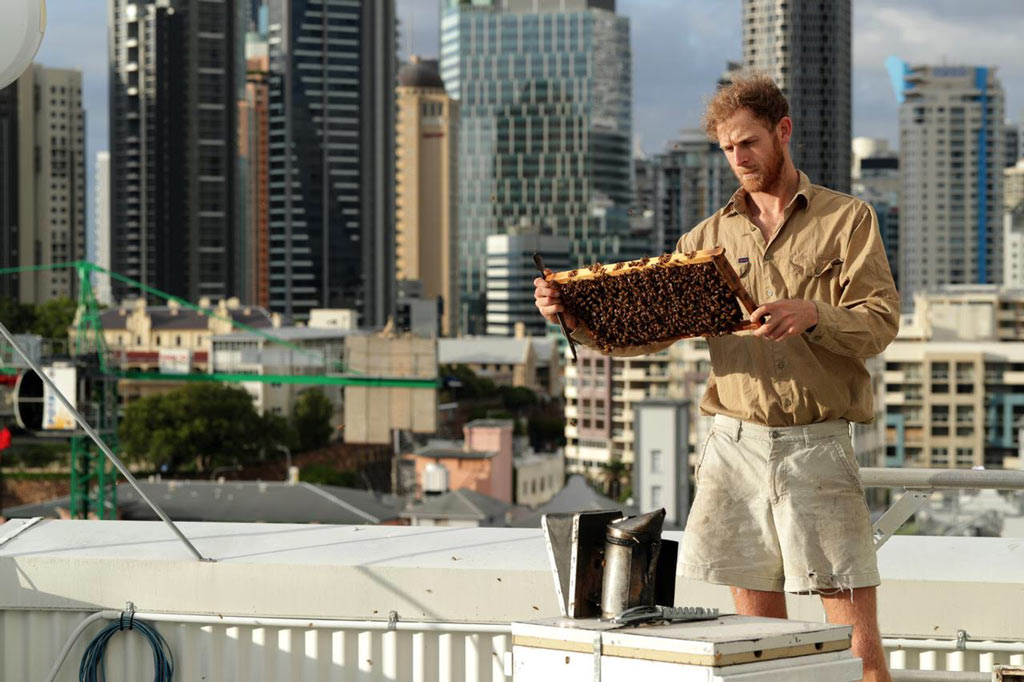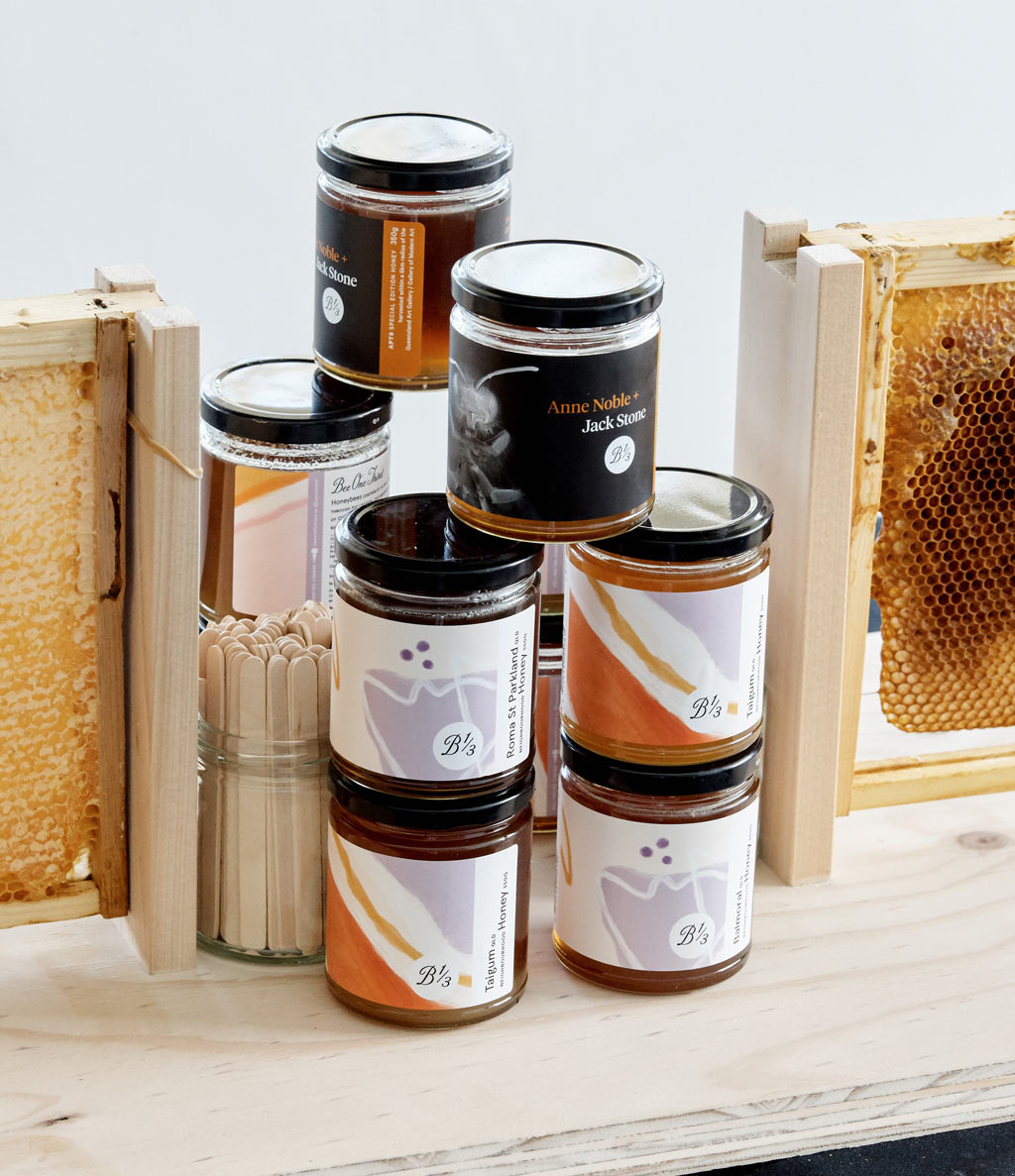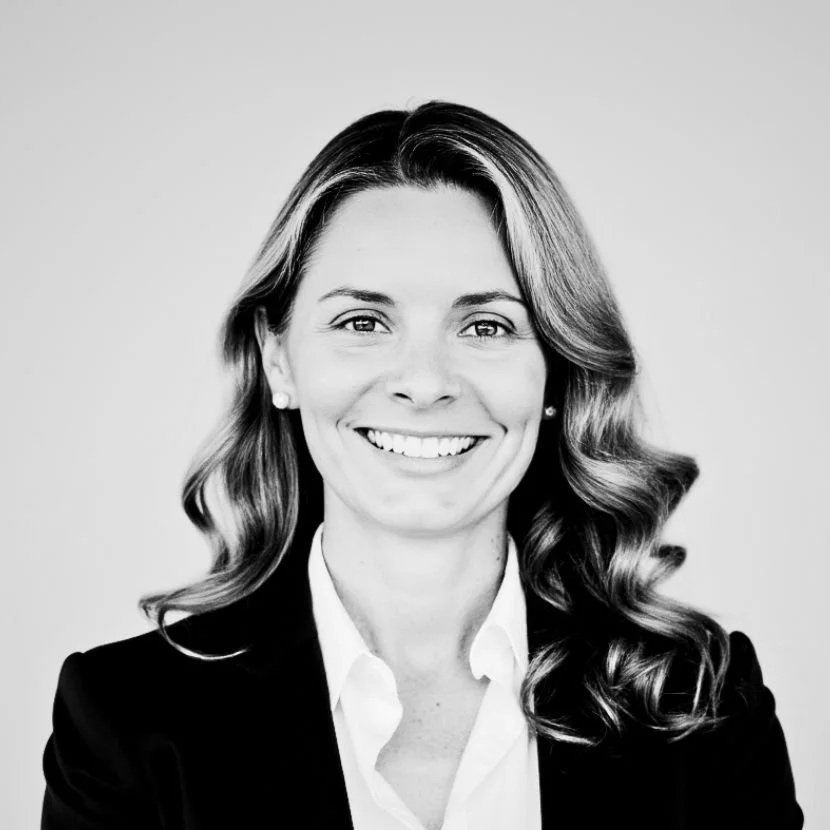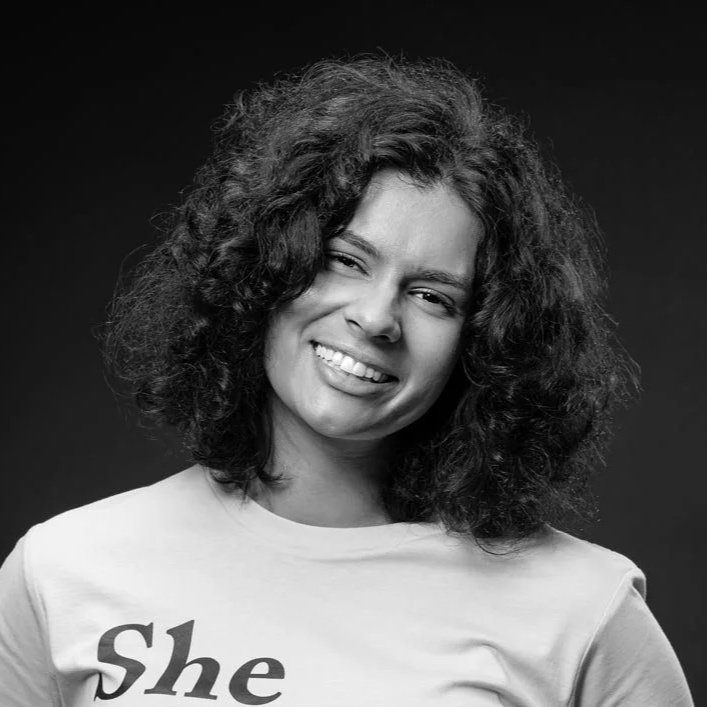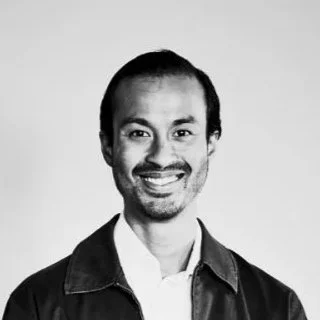Jack Stone On The Power Of Pollination To Create Impactful Change
Jack Stone is the Founder of Bee One Third, an urban and coastal beekeeping enterprise that was founded on the educational premise that one third of our global food supply depends on bee pollination. The Bee One Third team manage 150+ beehives on inner-city rooftops, in suburban backyards and on coastal agistments across South East QLD. Their honey products are sold in 40+ retailers around South East QLD and NSW, with a yearly production of 12 tonnes.
They use the power of pollination to create impactful change, by providing a vital environmental service, whilst educating and empowering our employees to start their own micro-bee businesses.
Jack’s mission is to pollinate change.
Did you know that two thirds of Australia’s national food security depends on bees? Jack shares the story of Bee One Third, an urban and coastal beekeeping enterprise focussed on creating social and environmental impact.
Highlights from the interview (listen to the podcast for full details)
[Tom Allen] - To start things off, could you please share a bit about your background and what led you both down the path of social enterprise and bees?
[Jack Stone] - Certainly. 2008 was my first year out of high school. I'd graduated and was a little bit lost on what to do, so I got some advice to travel overseas to partake in a summer camp. A summer camp in the States, which turned into two seasons of summer camps, and four years of travelling, to discover not what it was that I wanted to do, but more so who I was and what I was really interested in and passionate about. At the later end of that four years, in 2011, I was lucky enough to work on a number of organic and conventional farms, both on the West Coast of the United States, and also throughout Central Eastern Europe. So seeing two different perspectives on how food was grown.
I was just doing it for the sake of doing it. I knew nothing about farming, I knew very little about food. And upon returning to Australia I thought, "What is it that we're missing here in Brisbane in particular, but in Australia as a whole?" And reading what Australia was doing in their food system, and the direction in which we were heading, to me there was this obvious gap.
We were missing a vital step that the Europeans and the Californians funnily enough had, and that was a connection to their food.
So in mid 2012, a friend of mine and myself started a business around food production, and that very quickly led into beekeeping as a primary focus.
So tell us a little bit more about Bee One Third. What is your vision and where are you at on this journey? I know you're roughly six years in now.
Yeah. We started in 2012. The first four years for us was very much just about learning what it was that we were actually doing. We weren't beekeepers, we weren't generational farmers, we were city kids. The biggest challenge for us was understanding how the bees worked and how the colony as a whole actually produced what it was that they produce, which is honey and pollen and a nucleus.
So for us, the learning part of it was huge in the first four years. The last three years for us has really been about honing in and focusing on how we can create greater impact and greater change through the work that we've learnt over the course of the past seven years. The business at the moment is at a stage where we're producing honey and pollinating, creating pollination hubs throughout Brisbane and South East Queensland, and trying to gather and measure what environmental impacts we're creating. And looping in a social aspect to that as well through our employee micro bee business as well.
Bee One Third initially was founded with the principle that one third of our global food supply was dependent on bee pollination. Now, that threw my head when I heard about it.
Looking closer into it, here in Australia we actually depend on bees for 65%, that's two thirds of our national food security. So they play a really important role.
Now, initially when I got into bees, and I started Bee One Third that was what it was all about, that environmental impact that bees have on our food system. I'm very passionate about food security. I've been in hospitality and fine dining prior to my life in bees, so I have an understanding of where food comes from, thankfully from that experience, and from my time spent on the farms.
But ultimately, my vision initially was to educate people around the importance of respecting bees and appreciating bees, and all pollinators, both native like native butterflies and native bees. And birds who even pollinate as well, but with a focal point on bees because they are so important. But now, having realised that we've got a good grasp on what we're doing managing our hives in over 20 different locations around South East Queensland. One thing that I really realise is that our vision really needs to be focused on what bees are doing for mankind.
So where we're pivoting to now is creating more of a social impact around the people who we work with on a day-to-day impact, so the businesses and companies that we work with, (where we keep beehives on their rooftops). Actually engaging with the staff, holding workshops and Q and As, and educational days where they can learn about bees, get into beehives and take on that knowledge that we're so lucky to have learnt over the course of the past seven years.
Looking forward, I love the idea of engaging our volunteers and our employees to take on the responsibility of a beehive of their own. We want to help them grow their own bee micro enterprises, we want to help them pollinate change in their neighbourhoods, in their backyards, in their suburbs. We want to actually break down walls using bees as a vector, and through those people who are marginalised within society. We want to give them the role and responsibility of being a beekeeper, of being a pollinator, of making a difference to their neighbourhood.
Fantastic. You’ve certainly seen a lot of growth in recent years, Jack. What have been some of the greatest challenges then in running Bee One Third to date, and how have you worked around them?
The greatest challenges to date for us have really been about coming to terms with the fact that we are actually primary producers now. We're no longer serving tables in restaurants and cafés, we're not sitting at a computer punching in numbers and getting back to clients and responding to emails straight away. We are out in the field, on the rooftops, in suburbia, in backyards tending to the beehives. We are primary producers at the core. The biggest challenge was a lifestyle shift, very much so. Especially over the past three years in getting full-time into the business.
I took on the business full-time solo, as a sole director in mid 2015, so it's been a very steep learning curve over the past four years. Coming to terms with the routine of the bees as a primary. I no longer run my life around myself, I run my life around my bees. And everyone around me has had to adopt to that lifestyle change as well. That's been one of the major challenges.
But outside of that, just educating people in general about the importance of bees. Up until 15 or 20 years ago, they were a pest, a nuisance, something that would cause a fright in the backyard. If we saw bees in the clover we would be delighted, but we would be scared because, me as a child, 20 years ago, I would be pulled off the grass when the clover was flowering because of the fear of stepping on a bee and ending up with an anaphylactic shock.
So for the past seven years we've been trying to go up against that challenge of educating people, and really trying to get across the fact that bees are not aggressive creatures. They're here to help us, and they're here to perform a really vital service. And we feel as though the public and our clients and our customers have really responded well to that, and we've seen a dynamic shift in the attitude and the energy around bees.
I think it's been a global movement, people just realising the importance of bees to our entire ecosystem really. So as a participant then, Jack, in our Elevate+ Accelerator, I'd love to hear a little bit about a couple of the core lessons that you've learnt from the program, that you'd think might be valuable for a bunch of the social entrepreneurs that are listening?
Look, the Elevate+ Accelerator Program has been amazing to be truthfully honest. I came in having a fundamental understanding of my business, and an idea of the environmental impact that we were creating through placing units of 40,000 bees per beehive on rooftops, in backyards, in paddocks around farmlands.
We had an idea of how much we were creating environmentally, but what were we doing that was actually going to create positive social change?
One thing that the Elevate+ Accelerator Program really introduced to me was this aspect that we have this amazing system that we're working with in the beehive, and we can use that system to actually change people's lives.
We're working with an environmental organism, the beehive or the colony, and that in itself is an amazing educator. We put people who have never seen bees before, who are maybe from a bit of a disadvantaged, or at risk, or not the most privileged background, in front of these beehives and they are absolutely dumbfounded and astonished by what the beehive holds. We've seen a really amazing shift with even just our employees and our volunteers who started off with us, no job, no idea about what direction they were heading in, no real tangible skills that they could apply to the workforce. And we just put them to work either in our honey factory producing and harvesting honey, or out in the beehives with our beekeepers.
We see this serious social shift in the way that they approach day-to-day life; they come in happy, they come in motivated, they come in wanting to know how the bees are doing, what the health of the hive is, whether the hive has produced any excess honey that we can harvest. And that's when I realised that that was actually making a difference in people's lives was when I was able to take the lessons from Elevate+ and really apply them into our business model. It changed the direction of what Bee One Third was all about.
I certainly see that training and employment perspective of Bee One Third being such high potential. So it's great to see you really pushing away at that, and we'll follow your journey as you advance ahead, Jack.
What are some of the other inspiring projects or initiatives that you've come across recently which are creating some great positive social change?
I've got two that I'm really, really proud of knowing about. One of which is Orange Sky Laundry based out of Brisbane, providing a safe, encouraging and motivating space for the homeless to come and wash their clothes and shower. Just a nice community [not-for-profit], really creating positive day-to-day, hour to hour, minute to minute, true social impact. The guys at Orange Sky, Nic and Lucas, they're legends, and I just can't see them stopping any time soon. They're now virtually Australia-wide, and their van numbers and their impact just keeps growing.
Second of all is a friend of mine, Pip Russell from Juiced TV. Pip's doing amazing work in hospitals, in particular the Lady Cilento Hospital, in bringing sick kids together through a communication aspect. She's allowing them to take hold of the video camera, take hold of the hosting position and actually make their own TV shows around what it's like to be in the hospital. But not focusing so much on the negative aspects of being in hospital, but focusing on the positive aspects. Pip is changing lives in helping people be a part of this journey to change lives. I'm a big fan of Pip and Juiced TV and what they're doing. So definitely some amazing, amazing impact that Pip is creating through her endeavors.
They’re a couple of great projects there, Jack. So to finish off then what are some inspiring books or movies or websites that you'd recommend to our listeners?
I recently saw the 2040 film. It's a documentary that was just released half way through May by Damon Gameau. It's an amazing film about the idealist vision of a healthy earth so to speak, but it's true you know. Something that we should all be looking forward to. And as an environmentalist at the core, I work with bees for a reason, to help pollinate our fruits, vegetables, nuts and seeds and flowers all around us. And 2040 really hones in what we need to be focusing on as a civilisation, as a planet, and as an individual the changes that we can make. And also gives an insight into the reality of the direction which we're heading.
Next up would be, I'm about half way through this book by Daniel Lubetzky, it's Do the KIND Thing, Think Boundlessly, Work Purposefully, and Live Passionately. I think as anyone who's socially curious, they need to get their hands on this book. Dan is an amazing writer, he shares examples from his own experience. And he looks at where he started in his social journey, his social impact journey, and where he is now. Just getting started in this book, I've done a bit more research on Dan and the things that he's been into and what he's passionate about.
This journey of Elevate+ has helped me gain a grasp of actually being proud of what I'm doing, and not attaching ego to what I'm doing, but just going day-to-day, wake up and just be grateful in a sense, that I do have a passion and that I can engage with people on this beautiful topic that I'm surrounded by every day, and that's ultimately bees and nature, that we live in.
And finally, really anything by Simon Sinek, Simon Sinek's an amazing dude. He's got a few books out.
Initiatives, resources and people mentioned on the podcast
Pip Russell from Juiced TV
Recommended books
2040 film by Damon Gameau
Do the KIND Thing: Think Boundlessly, Work Purposefully, Live Passionately by Daniel Lubetzky
Anything by Simon Sinek (check out this TED talk).





